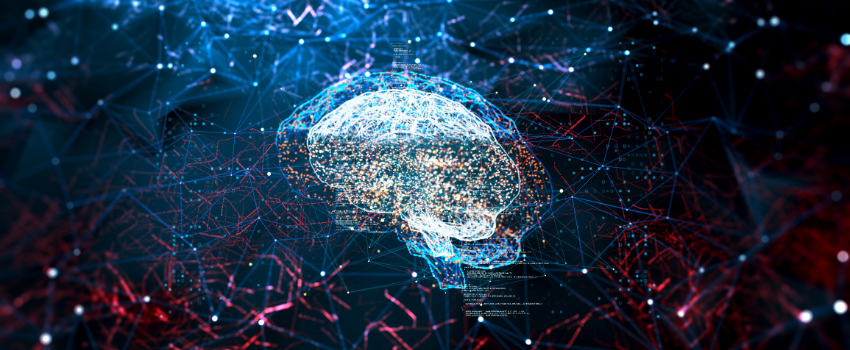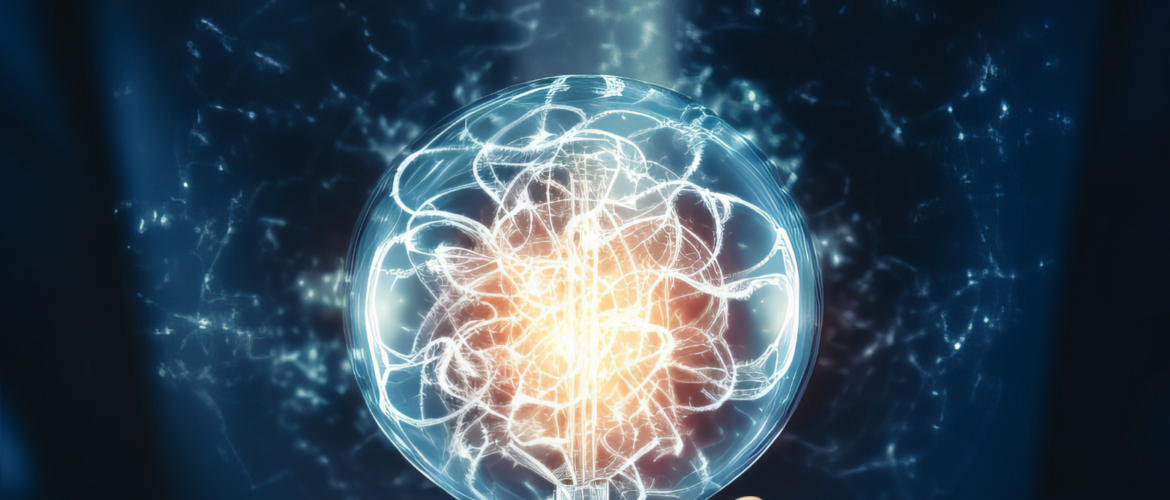Artificial intelligence (AI) is a branch of computer science that deals with the development of computer systems that can perform tasks that normally require human intelligence. In recent years, AI has made great strides and has become a key part of our daily lives, from smartphones to self-driving cars. This article describes how computers ‘think’ and the basics of artificial intelligence.
What is artificial intelligence?
Artificial intelligence is a scientific discipline that deals with the creation and improvement of computer systems that can imitate or simulate human intelligence. This includes the ability to understand natural language, recognize patterns, learn from experience, solve problems and make decisions.

Basic methods of artificial intelligence
There are several methods by which computers try to imitate human intelligence. Some of the most common methods include:
- Machine learning is an approach in which computer systems learn from data and experience without being explicitly programmed. This means that algorithms automatically adapt and improve based on new data. Machine learning is the foundation of most modern artificial intelligence systems.
- Deep learning is a subset of machine learning based on neural networks. Neural networks are computer models that mimic the functioning of the human brain. Deep learning allows computers to learn complex patterns and abstractions from large amounts of data.
- Evolutionary algorithms are an approach to problem solving based on natural selection and genetic algorithms. These algorithms use procedures such as mutation, crossover, and selection to find optimal solutions for a given problem.
- Some artificial intelligence systems are based on logic and rules that they use to reason and make decisions. These systems are usually designed to solve specific problems and may rely on the knowledge of experts in a particular field.
Use of artificial intelligence
Artificial intelligence is used in many industries and applications, including:
- In healthcare, AI is used to diagnose diseases, analyze medical images, detect epidemics and develop new drugs.
- Finance industry companies rely on AI for fraud detection, risk management, trading automation and personalization of financial services.
- In production, AI is incorporated to optimize production processes, predict maintenance needs and autonomously operate production lines.
- The traffic sector applies AI to develop self-driving vehicles, optimize traffic systems and improve traffic safety.
- In games, AI is used to develop more realistic and intelligent opponents in video games and to analyze game strategies and improve the game experience.
Ethical issues and challenges of artificial intelligence
Despite the many benefits that artificial intelligence brings, there are also concerns about the ethical issues and challenges associated with its development. Among the most important issues are fairness and non-discrimination, privacy and control over autonomous systems.
In the future, understanding the basics of artificial intelligence will be crucial to successfully navigating the digital world. The adoption and understanding of UI will enable better human-machine collaboration and contribute to better solutions to the many global challenges we face today.



